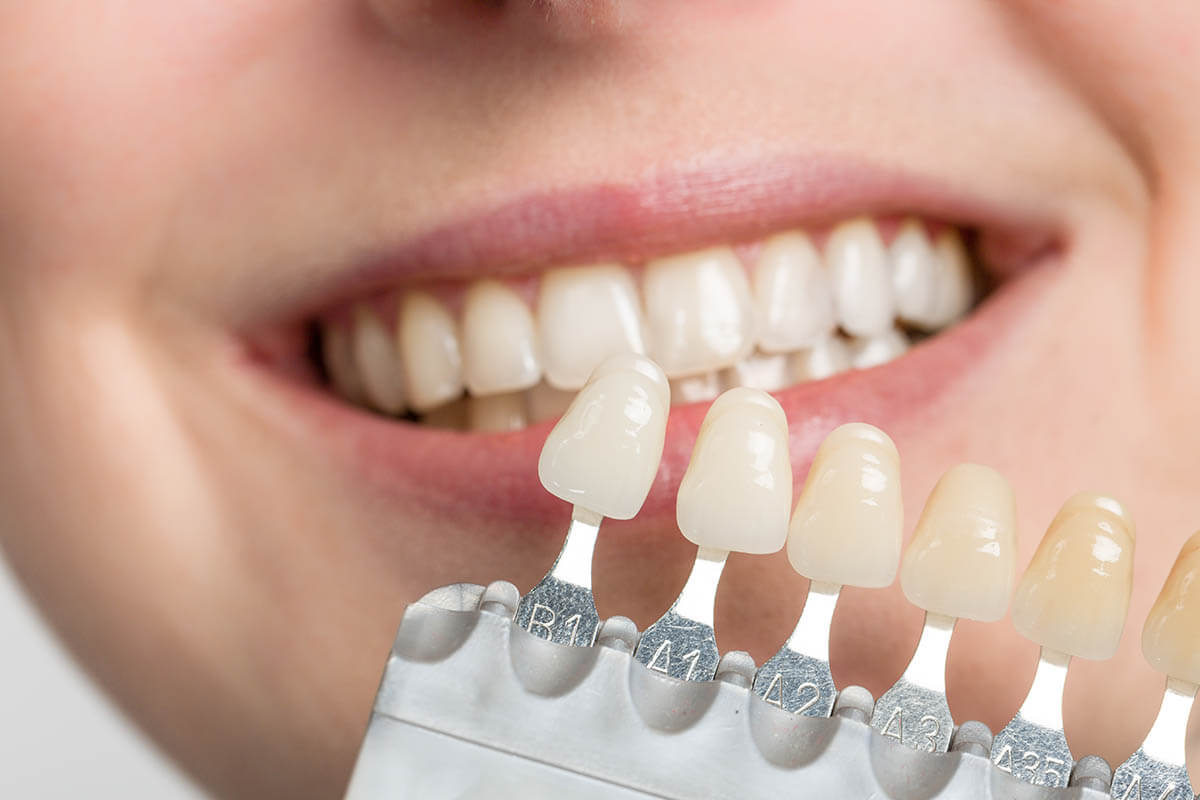Introduction
A bright, confident smile can make a lasting impression, and for many people, veneers have become a popular way to achieve that perfect look. Veneers are thin, custom-made shells that cover the front surface of the teeth to improve their appearance. They can fix various dental imperfections, including discolouration, chipped teeth, and uneven spacing. However, before deciding if veneers are right for you, it’s important to understand both the benefits and drawbacks.
What Are Veneers?
ChatGPT said:
Veneers are thin shells made from porcelain or composite resin, carefully designed to fit perfectly over the front surface of your teeth. dds near me can help you choose the right type of veneers based on your goals and budget. Porcelain veneers are known for their durability and natural shine, while composite veneers are more affordable and can be applied more quickly. Both types can dramatically change your smile, but they differ in cost, maintenance, and lifespan.
The process of getting veneers usually involves removing a small amount of enamel from your teeth to make room for the shells. Once placed, they are permanently bonded to your teeth, instantly improving their appearance.
Pros of Veneers
One of the biggest advantages of veneers is their ability to provide a natural, flawless smile. They are carefully crafted to match the colour, shape, and size of your natural teeth, giving you a balanced and realistic look.
Porcelain veneers are highly resistant to staining, meaning your smile stays bright even if you regularly drink coffee or tea. They also cover imperfections such as chips, cracks, and discolouration that cannot be easily fixed with other dental treatments.
Additionally, veneers can slightly improve the alignment and spacing of your teeth without the need for orthodontic treatment. For people who want a quick, effective, and long-lasting cosmetic solution, veneers can be an excellent choice.
Cons of Veneers
While veneers offer many benefits, they also come with a few downsides. The process of applying veneers requires removing a thin layer of enamel, which is irreversible. Once this is done, your teeth will always need veneers or another form of covering.
Veneers can also be expensive, especially porcelain ones. Though composite veneers cost less, they may not last as long and are more likely to stain over time. Additionally, veneers can break or chip if you bite hard foods or use your teeth to open objects.
It’s also important to note that veneers don’t fix underlying dental problems like decay or gum disease. These issues must be treated before getting veneers.
Conclusion
Veneers can be a wonderful way to enhance your smile, boost confidence, and achieve a beautiful, natural look. They offer long-lasting results and require minimal maintenance compared to other cosmetic options. However, they are a permanent decision that involves both financial and dental commitment.

